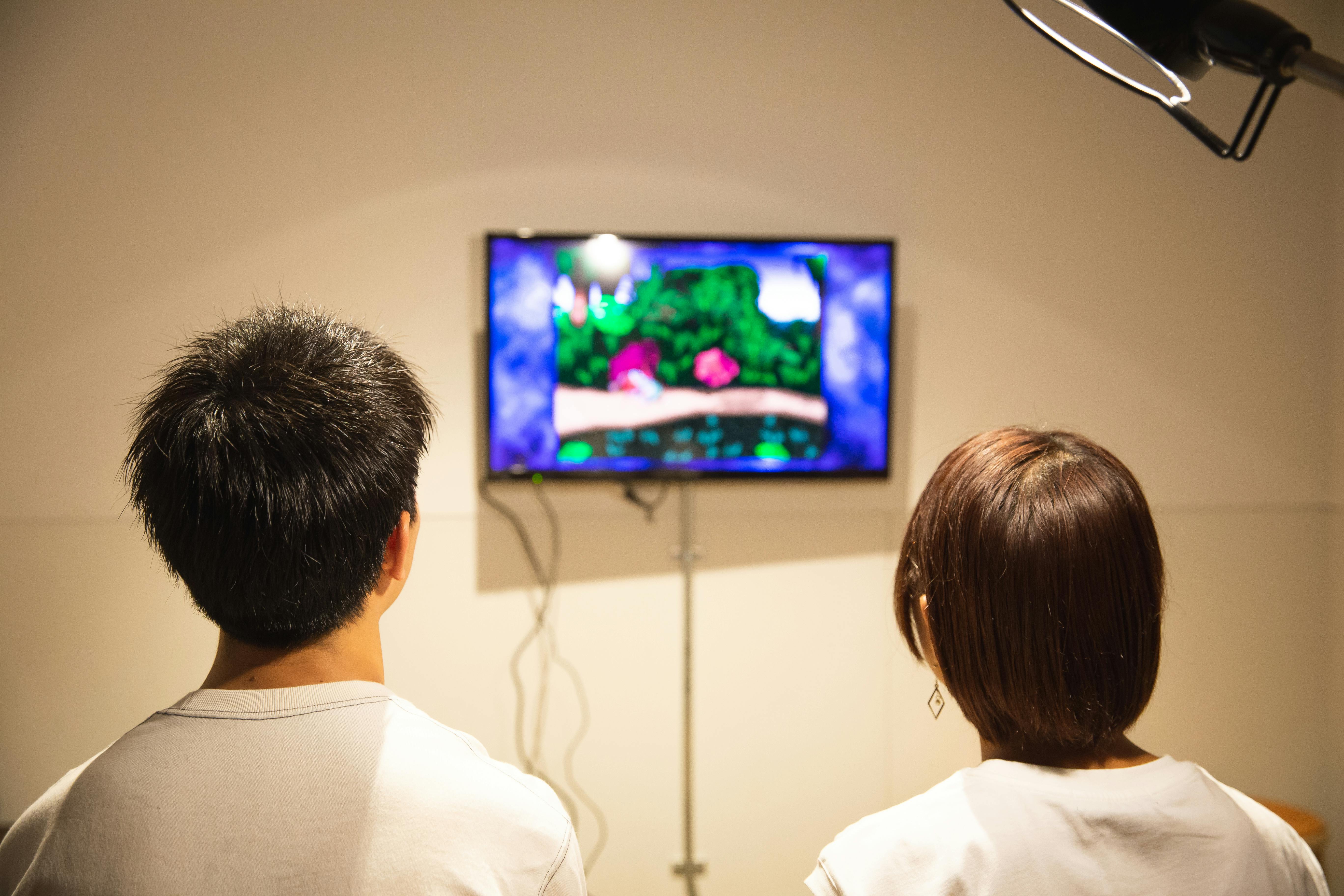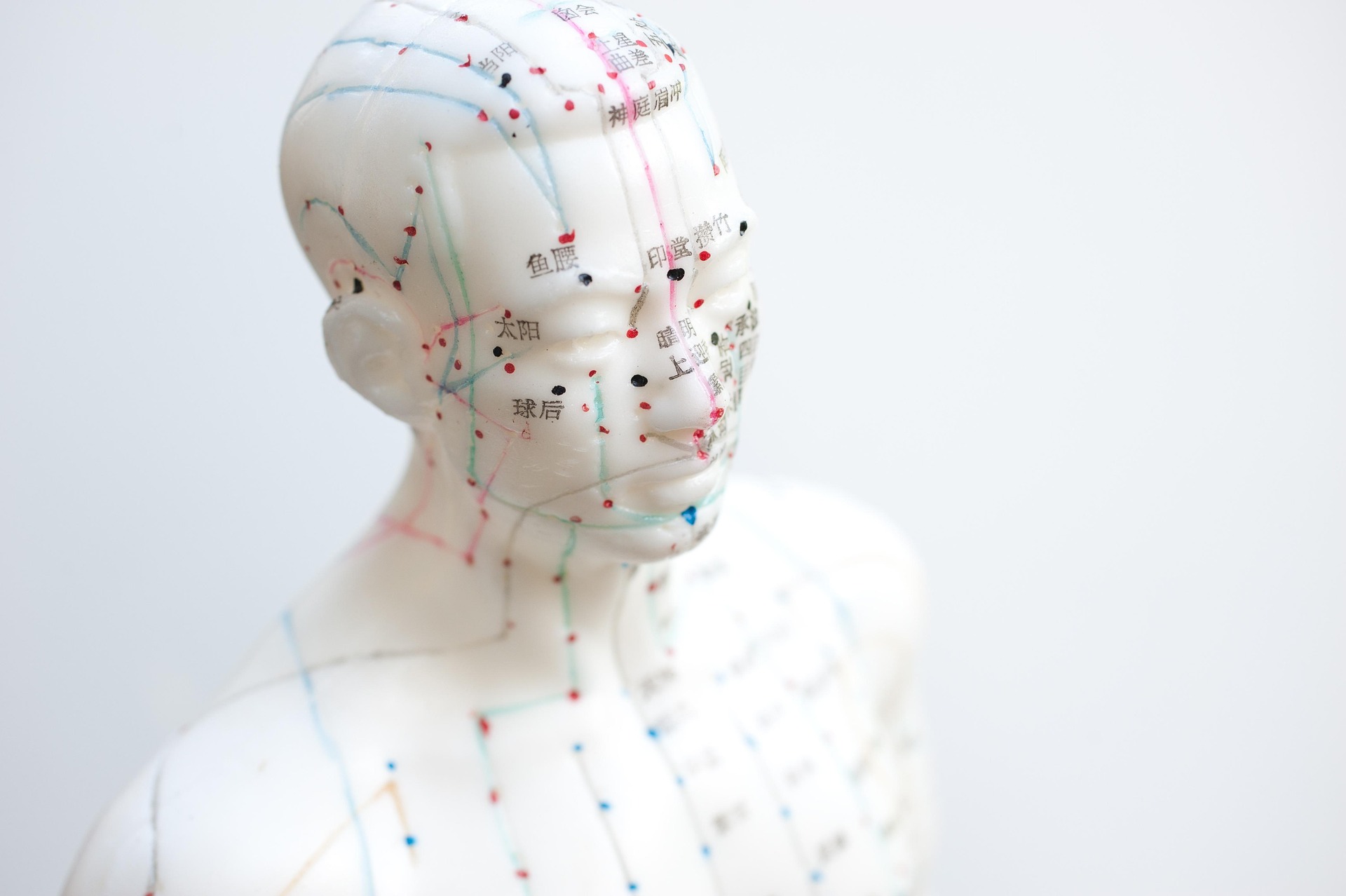Video Games and Mental Health: An Overlooked Connection
Video games and mental health—these two topics may seem like strange bedfellows. But in the world of interactive media, they are intertwined in ways you may not expect. This article delves into this complex yet fascinating connection, exploring the history, present scenarios, and future implications of video games in the context of mental health.

The Historical Connection: Video Games as a Form of Escape
In the early days of video gaming, games were seen as mere sources of entertainment. They were a way for individuals to escape from the stresses of day-to-day life. The advent of arcade games like Pong and Space Invaders in the 70s marked the beginning of this trend. As technology advanced, so did the depth and complexity of video games, giving rise to a new era of narrative-driven and immersive experiences. Games such as Final Fantasy and The Legend of Zelda allowed players to get lost in vast, intricate worlds, providing an outlet for those seeking solace or escape.
The Present Scenario: Video Games as Therapeutic Tools
Fast forward to the present day, and the relationship between video games and mental health has grown more nuanced. The global pandemic has put mental health issues in the spotlight, and video games have emerged as potential therapeutic tools. Games like Stardew Valley and Animal Crossing have been praised for their calming, meditative qualities. They provide a safe and controlled environment for players to relax, unwind, and explore at their own pace. The concept of ‘game therapy’ is still in its infancy, but current trends point towards a promising future.
The Controversy: The Dark Side of Gaming
While video games can be a positive force for mental health, they also have a darker side. Instances of gaming addiction and the negative impacts of violent video games have been widely reported. Research has shown that excessive gaming can lead to social isolation, depression, and anxiety. Games like Fortnite, known for their addictive ‘battle royale’ gameplay, have been criticized for their potential to cause harm. It’s a complex issue that requires a balanced perspective and further research.
The Future: Video Games as Mental Health Advocates
Looking to the future, video games have the potential to change attitudes towards mental health. Titles like Hellblade: Senua’s Sacrifice and Celeste have been lauded for their sensitive portrayal of mental health issues, using interactive storytelling to shed light on topics like psychosis and anxiety. They are part of a growing trend of ‘empathy games’—games designed to create understanding and empathy towards real-world issues.
A Complex but Promising Relationship
In conclusion, the relationship between video games and mental health is a complex one. While they can provide a source of escape, relaxation, and even therapy, they can also contribute to mental health problems when used excessively or inappropriately. Yet, with the rise of empathy games and the potential for game therapy, the future looks promising. As the gaming industry continues to evolve, it has the potential to become a powerful ally in the battle against mental health issues.
This deep dive into the association between video games and mental health uncovers a relationship that is multi-faceted and continually evolving. The gaming industry’s potential to impact mental health—both positively and negatively—is significant and warrants further exploration and understanding. However, the potential for games to serve as tools for relaxation, therapy, and empathy-building is an exciting prospect, hinting at a promising future for the interplay between gaming and mental health.




